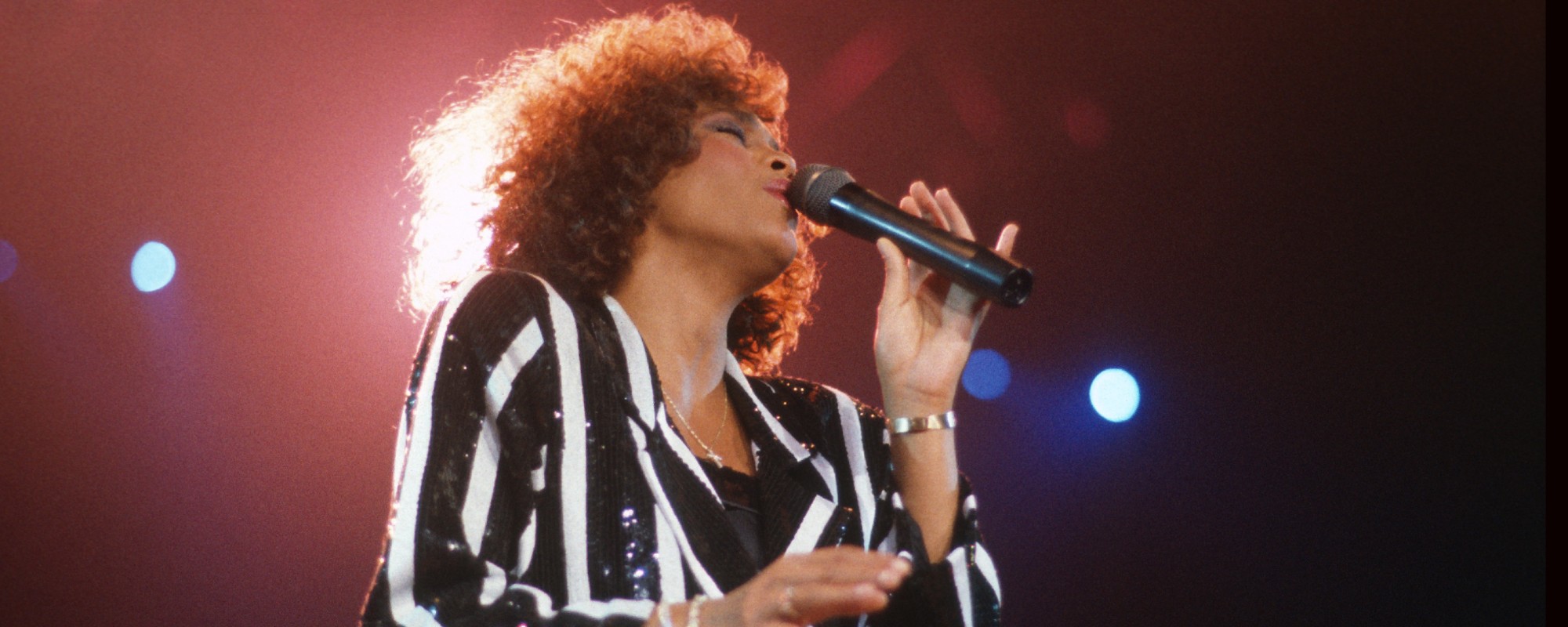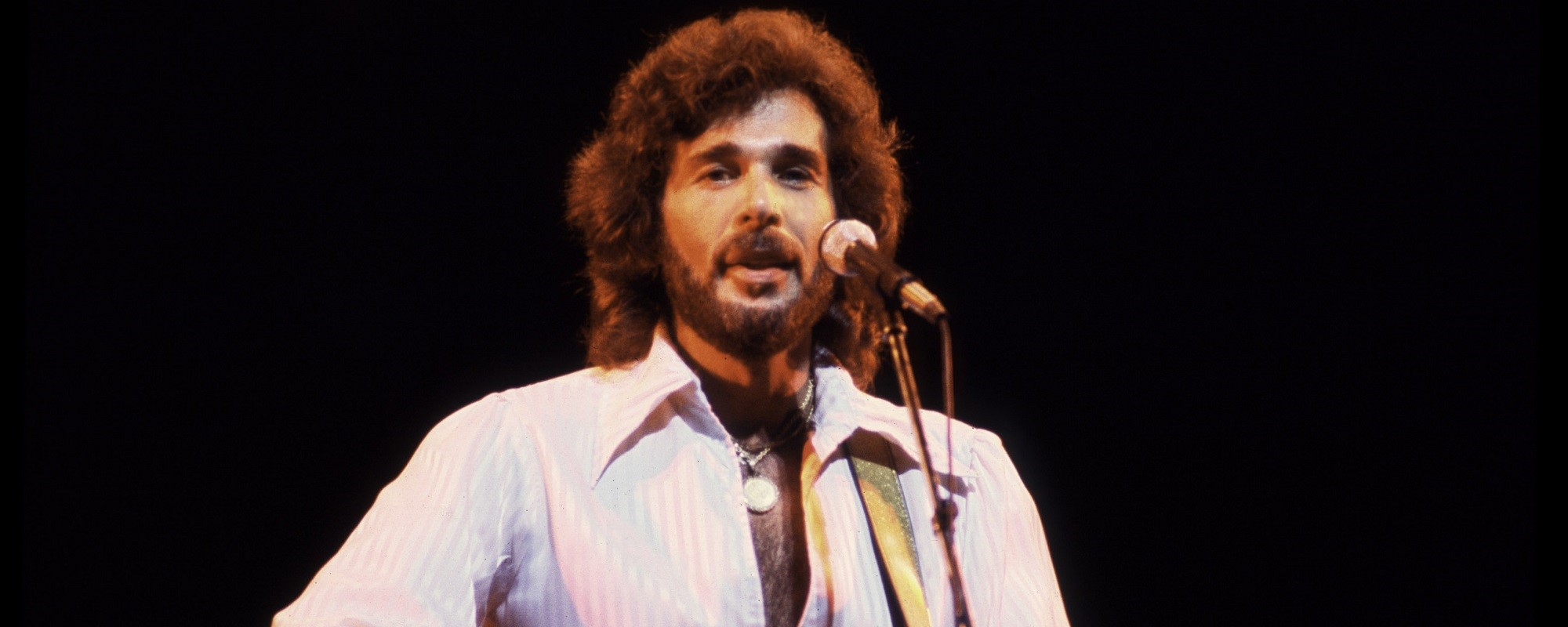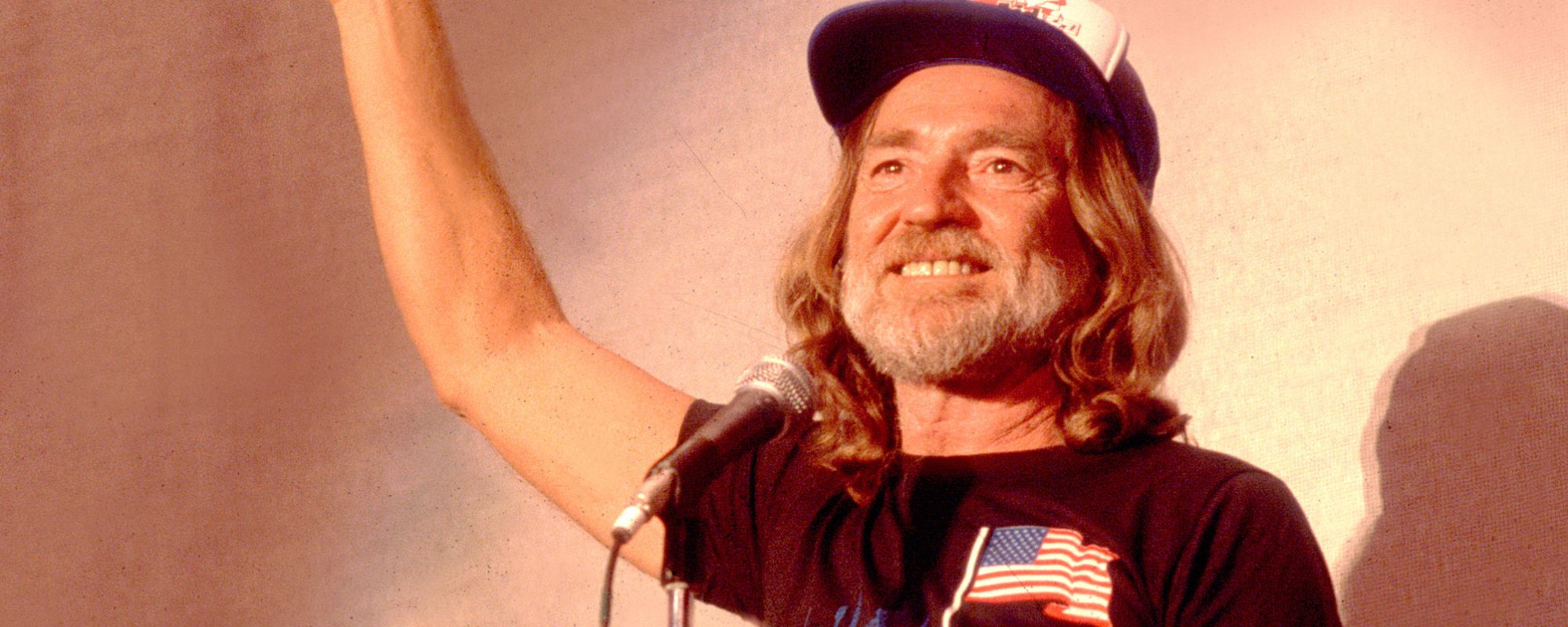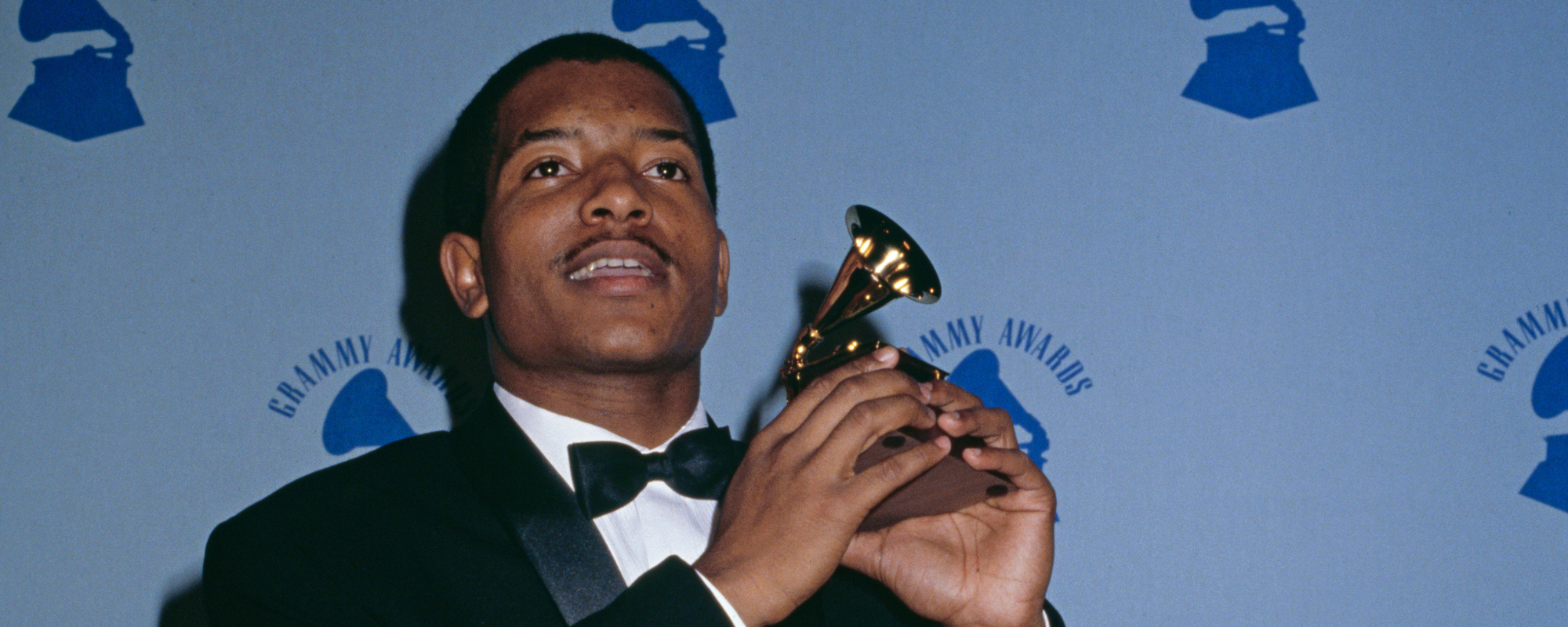In the early 1980s, Glasgow pop duo Strawberry Switchblade found massive success incredibly quickly. Although they were allegedly lumped into a goth crowd, they were more pop than goth, and more experimental-pop than anything. Their aesthetic style was a little outlandish, with wickedly teased hair, ribbons, and polka dots. Musically, they were romantic and bright electro-pop. Lyrically, they were a touch darker. The duo also had surprising roots in the punk and indie scenes of Glasgow.
Videos by American Songwriter
Before Strawberry Switchblade, Rose MacDowell was in a punk band with her husband, called the Poems, and she and Jill Bryson met in the Glasgow punk scene. They were friends with bands like Orange Juice and Primal Scream, and after messing around with the idea of starting a band, they played their first gig in 1982.
However, the meteoric rise to fame strained the relationship between the Strawberry Switchblade frontwomen. They were doing sessions with John Peel and Radio One, offered management by Bill Drummond and Dave Balfe of Zoo Records (who released early Echo & the Bunnymen records), and their 1984 single “Since Yesterday” reached No. 5 on the charts.
Why Did Strawberry Switchblade Break Up?
The rising fame became too much for Strawberry Switchblade to endure, and the duo broke up in 1986. According to an interview with MacDowell in The Quietus, the break-up was not a very clean one. MacDowell and Bryson had an acrimonious split fueled by interpersonal issues and the increasing pressures of being relatively well known.
After “Since Yesterday,” their next three singles failed to chart. More than that, Jill Bryson was dealing with agoraphobia, a condition she struggled with since she was 15. While she had managed it for years and adapted by dressing outlandishly, the mounting responsibilities of being in a band were becoming too much. Although, in a way, Bryson knew that her agoraphobia would eventually rear its head again.
“I wasn’t good at travelling out of Glasgow,” Bryson said in a 2001 interview with an eponymously named fansite. “It was tricky. There were several times I didn’t get to London. We used to travel at night cos it was cheap, but by that time I’d worked myself into such a state; when dusk falls it’s not a good time for depression and anxiety. So I’d be ‘I can’t go, you’ll have to go without me.’”
According to Bryson, their manager, Bill Drummond, along with her boyfriend Peter, were supportive. However, co-manager Dave Balfe and bandmate Rose MacDowell weren’t too keen. Eventually, the agoraphobia became one of the deciding factors in the band’s split.
Rose MacDowell Struggled With People Prying Into Her Life
Meanwhile, Rose MacDowell was struggling with fans, journalists, and the general public trying to pry into her life. Starting in the punk scene, MacDowell was used to a level of anonymity that she desired to hold onto. However, with the rise of Strawberry Switchblade, she lost most of that.
“I don’t want people inside my life that aren’t invited. I love it when people like my music, but I don’t belong to people,” she told The Quietus in 2015. “People have to understand that, and sometimes they don’t; they say, ‘Oh, you belong to the public now.’ Well that is an insane thing to say to anyone. I mean, do you believe in slavery? Are you saying I’m a slave now, to humanity? It’s ridiculous, you don’t belong to anyone.”
She added, “I will write what I’ve got to say in a song, and if I wanted to say any more I would’ve written it in the song. You’ve got what I am prepared to give, and that’s that. Don’t make me over-explain things; I don’t need to do that.”
Featured Image by BSR Agency/Gentle Look via Getty Images













Leave a Reply
Only members can comment. Become a member. Already a member? Log in.